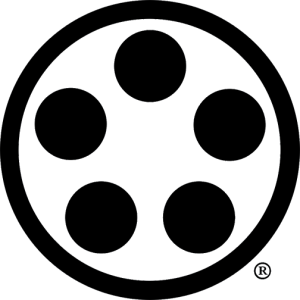Foreword: The Way and The Power
This book is about victory. Not context or rules, but in the reality of existence. Information of this nature is treasured for its potential to empower, and what people sacrificed to obtain it. Its discovery occurred on the ragged edge of life, where ego fades, and truth pervades.
The author was my instructor and guide from 1993 until his death in 2015. His legacy continues to inform me. He was highly intelligent, and the most aware and intense human being I have ever met. He was an uncompromising gentleman, with unwavering resolve. He taught me about conflict and life through the medium of strategy and swordsmanship. He taught me that "a swordsman is more than just a man with a sword.”
It is rare to encounter a person where the space between who they are and what they do no longer exists. Where the observer and the observed, become one. It forces one to reflect.
People of power radiate a deep and quiet spiritual intensity. This life force permeates every aspect of their existence. Whether being compassionate, exerting force, or sitting in silence, it is with an intense spiritual focus and spontaneous, unconstrained mind.
What is attainable by one is possible for another. This text is a pragmatic approach to strategy and the mental attitude or condition of existence required to step forward into the unknown. It does not dangle or promise an abstract concept to escape life. Rather, implementable, practical knowledge to enhance it, now.
Throughout history, people seeking power have studied conflict and strategy. For centuries, Japanese martial traditions explored the relationship between sword, mind, and spirit. Lessons obtained in the crucible of combat melded with cultural and spiritual teachings. In this framework, the samurai endeavored to master the science of war.
For some, this was not enough. A few sought to penetrate to the essence of reality, where the delusion of uncertainty yields to the clarity of emptiness. They understood Lao Tsu’s words: “Knowing others is intelligence; knowing yourself is true wisdom. Mastering others is strength; mastering yourself is true power.”
From both loss and victory, techniques were learned, strategies discovered, the state of mind for their use realized. As a mechanism of legacy, or perhaps from the necessity of survival, this knowledge was codified into systems to transmit and preserve what had been won at such cost. But while teaching a physical technique is easily repeatable and measurable, transmitting a way of being is not. The first may be described; the second requires direct experience.
Through observation of examples, repetition of technique, and contemplation of oral teachings, students have the opportunity to discover for themselves, personally, that which is beyond description. The science of war becomes a lens to the essence of human conflict. Somewhere along the path, the objective may yield to the subjective, acquisition to expression; the science of war may be elevated to Art.
These lessons transcend culture and context. The strategies are as relevant today to both war and business as they were at their discovery. Techniques and principles for developing the human spirit are timeless.
From birth to death, life is a battlefield. No matter who you are, where you are from, your profession, financial worth, or social standing, until you learn through direct experience to resolve conflict, there is no peace. This book opens the gate. One steps through it alone. Only then, with determination and discipline, one may realize there is no gate.
The End

